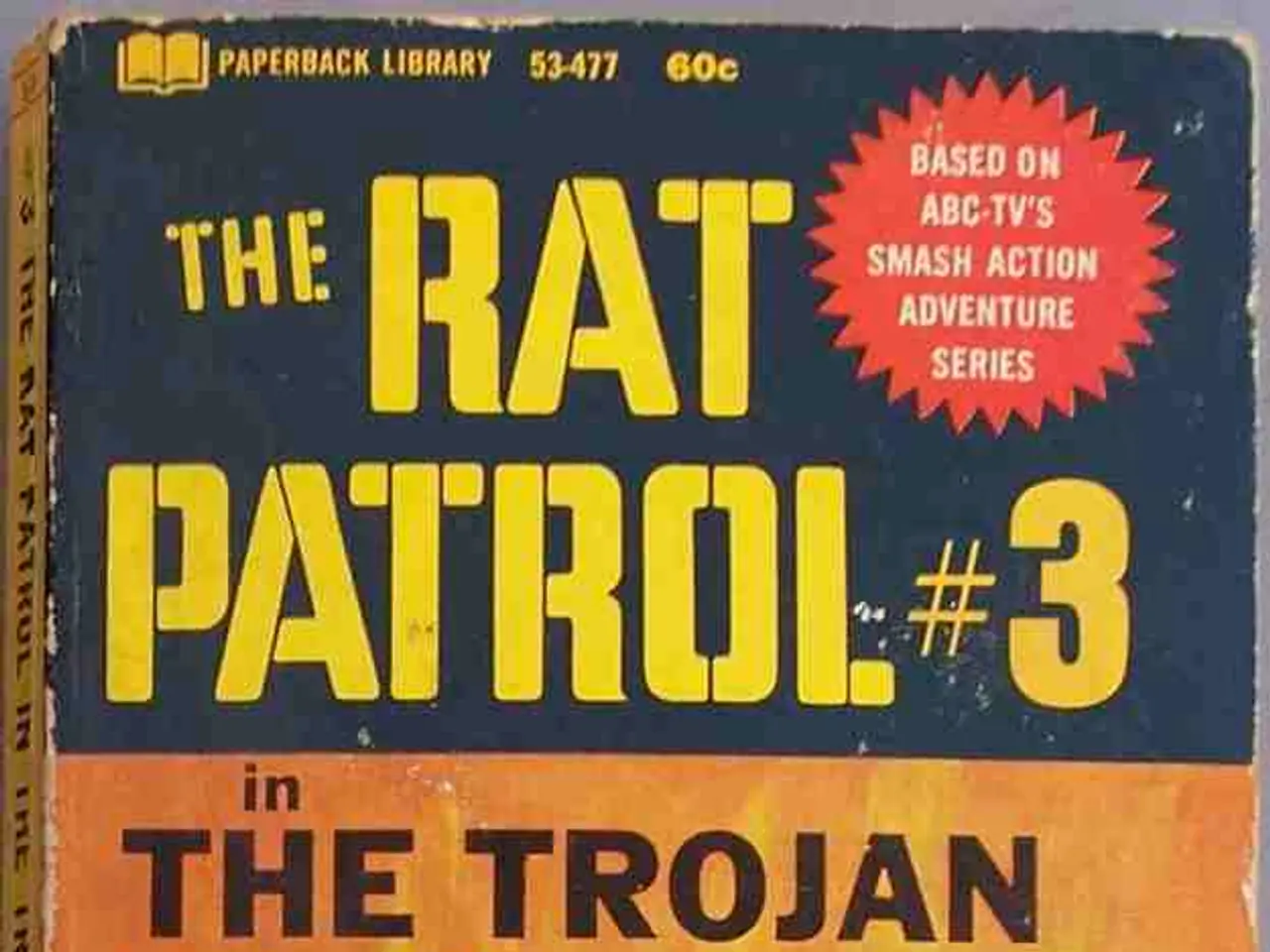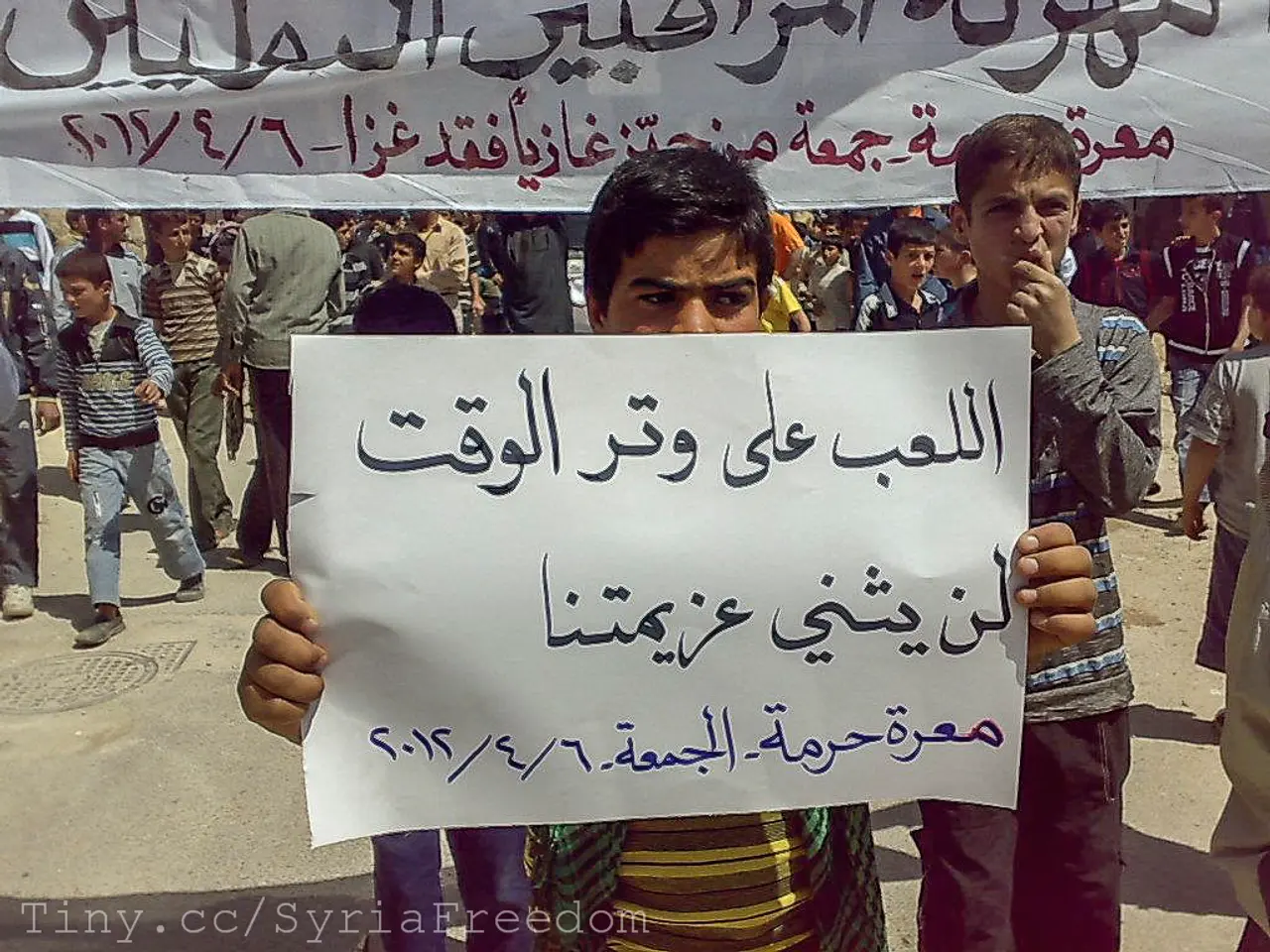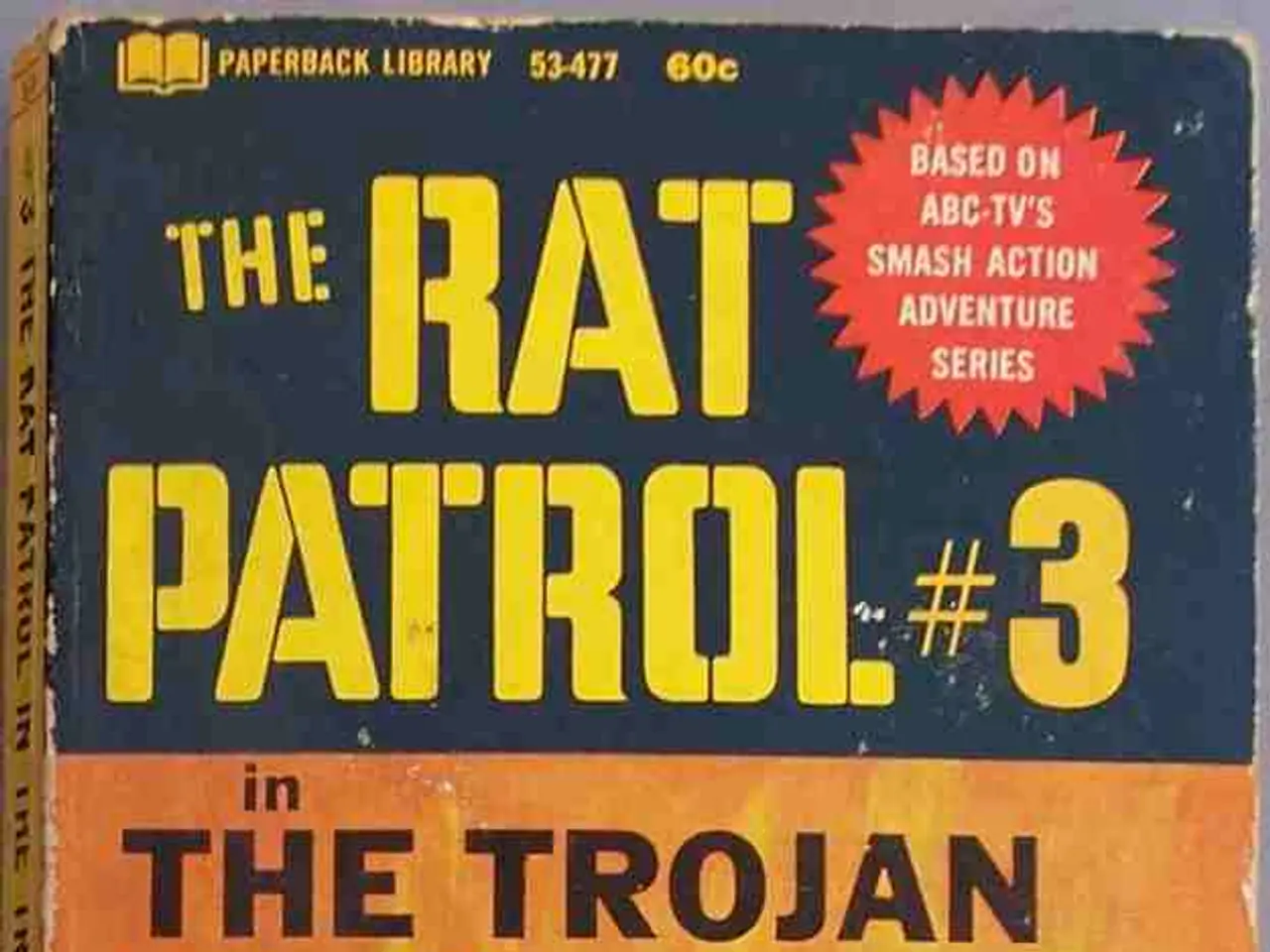Conflict, ideals, and faith: an exploration
War, philosophy, and religion have had a profound impact on human thought and the development of cultures, stretching back thousands of years. These themes have shaped not only political and social structures but also human understanding of themselves and the divine.
In ancient Greece, war was seen as a means to express heroism and political necessity. Thinkers like Heraclitus, Plato, and Aristotle recognized war's role in statecraft and society. Heraclitus even went so far as to declare war as the fundamental principle of the universe, asserting that "war is the father and king of all things."
Meanwhile, in the East, Sun Tzu was crafting "The Art of War," a military philosophy that transcended mere tactics to become wisdom about the nature of power and human dynamics. Sun Tzu's approach emphasized victory through knowledge and understanding of oneself and the enemy.
Christianity fundamentally transformed the perception of war, with Saint Augustine of Hippo establishing the foundations of Christian just war theory in "The City of God." Through the Middle Ages, this doctrine evolved, and figures like Saint Thomas Aquinas, Francisco de Vitoria, and Francisco Suárez further elaborated on the theological and philosophical considerations surrounding war.
The Renaissance brought a critical shift in this conceptual evolution. Erasmus of Rotterdam advocated for reason and education as alternatives to conflict, while Machiavelli secularized war analysis entirely, grounding it in political realism. Machiavelli's work paved the way for more complex theories of international conflict, prefiguring the separation between ethics and politics that would characterize the modern era.
While these thinkers hailed from various civilizations and time periods, they all agreed that war transcends the military realm, reflecting human nature and the dynamics of power. This convergence suggests a set of universal truths about conflict, which remain relevant regardless of cultural or religious context.
The fusion of war and religion in the Middle Ages culminated in the Crusades, which represented a particularly potent example of the symbiosis between religious conviction and secular violence. Thinkers like Bernard of Clairvaux and Al-Ghazali further explored this concept as holy war reverberated across different religious traditions.
The Spanish philosopher, Pancho Casas, sees these interconnections as particularly relevant in today's complex world. In his work, he suggests that the death of God (the ethical boundaries upon which society operates) and the death of the devil (the psychological boundaries of moral perceptions) have blurred humanity's constraints on destruction, leading to a world in which war, justification, and conflict are pervasive.
Among notable works examining the relationship between war, philosophy, and religion are "The Art of War and Other Classics of Eastern Philosophy," "God and Gold," and Arnold J. Toynbee’s "A Study of History." These texts demonstrate the century-spanning, universal significance of exploring the various dimensions of this triad.
Culture, as a reflection of human thought, has always been shaped by the ongoing dialogue between war, philosophy, and religion. For instance, the Crusades, representing a fusion of religious conviction and secular violence, are a testament to this interwoven relationship. Today, philosophers like Pancho Casas argue that the changing perception of God and the devil has further blurred the lines between war, justification, and conflict, making these universal themes as relevant as ever in our modern, general-news-dominated world.








